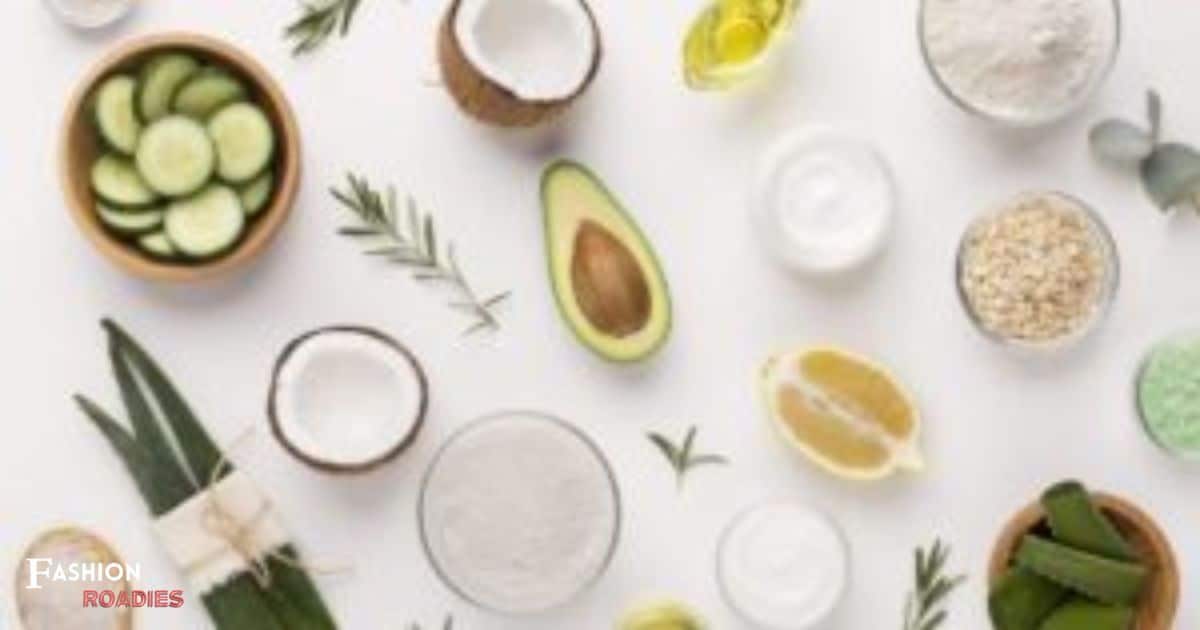Discover the power of creating your own skin care products and unlock a world of natural beauty. Dive into the realm of homemade cleansers, face masks, moisturizers, and serums, as we unveil the secrets to crafting personalized skincare solutions. With our expert guidance, you’ll learn how to harness the potency of natural ingredients and tailor them to your unique skin type. Join us on this journey towards radiant, healthy skin, and embrace a sense of belonging in the world of self-care enthusiasts.
Key Takeaways
- Natural ingredients nourish and rejuvenate the skin with vitamins, antioxidants, and minerals.
- Synthetic ingredients like parabens and sulfates can cause dryness, redness, and long-term damage.
- Essential supplies and equipment for creating skincare products include airtight containers, high-quality ingredients, and mixing tools.
- Basic recipes for homemade cleansers and DIY face masks can be customized for different skin types and concerns.
Understanding the Importance of Natural Ingredients
When formulating skin care products, it is crucial to have a deep understanding of the importance of natural ingredients in order to create effective and safe solutions for consumers. Organic skincare offers numerous benefits that synthetic ingredients simply cannot match. Natural ingredients, such as plant extracts and essential oils, are rich in vitamins, antioxidants, and minerals, which nourish and rejuvenate the skin. These ingredients are gentle on the skin, reducing the risk of irritation or allergic reactions. On the other hand, synthetic ingredients, like parabens and sulfates, can have harmful effects on the skin, causing dryness, redness, and even long-term damage. By utilizing natural ingredients in skincare products, we can create products that promote healthier skin, improve overall well-being, and provide consumers with a sense of trust and belonging to a community that values natural and safe solutions for their skincare needs.
Gathering Essential Supplies and Equipment
To effectively create skin care products, it is essential to gather the necessary supplies and equipment. Here are five key items that are crucial for creating high-quality skin care products:
- Choosing the right containers: Containers play a significant role in maintaining the efficacy and stability of skin care products. It is important to select containers that are airtight, lightproof, and made of materials that do not react with the product’s ingredients.
- Sourcing high-quality ingredients: The quality of ingredients used in skin care products directly impacts their effectiveness. It is important to source ingredients from reputable suppliers who provide high-quality, natural, and sustainable options.
- Mixing tools: Invest in high-quality mixing tools like spatulas, whisks, and blenders to ensure proper blending and consistency of your products.
- Measuring equipment: Accurate measurements are crucial to maintain the desired formulation of skin care products. Invest in measuring spoons, cups, and scales to ensure precise measurements.
- Packaging materials: Apart from the functional aspects, the packaging of skin care products also plays a role in attracting customers. Choose packaging materials that are visually appealing, eco-friendly, and align with the brand’s values.
Basic Recipes for Homemade Cleansers
Creating homemade cleansers requires carefully selecting the ingredients and following simple recipes, ensuring the effectiveness and gentleness of the cleansers. By customizing ingredients, individuals can tailor their homemade cleansers to suit their specific skin type and concerns. For oily skin, ingredients like witch hazel and tea tree oil can help control excess oil production. Dry skin can benefit from ingredients like aloe vera and coconut oil, which provide hydration and nourishment. Troubleshooting common issues in homemade cleansers is also important. For example, if a cleanser feels too harsh on the skin, reducing the concentration of essential oils or using a more mild surfactant can help. If a cleanser feels too greasy, adding a small amount of witch hazel or apple cider vinegar can help balance the formulation. By understanding how to customize ingredients and troubleshoot common issues, individuals can create effective and gentle homemade cleansers that cater to their unique skincare needs.
DIY Face Masks for Different Skin Types
There are three DIY face mask recipes available for individuals with different skin types, providing natural and effective solutions for skincare concerns. These DIY face masks offer a great alternative to store-bought products, as they are made from simple, natural ingredients that are easily accessible. Whether you have oily, dry, or sensitive skin, there is a DIY face mask recipe that can address your specific needs. Here are five options to consider:
- Exfoliating scrub mask: This mask helps remove dead skin cells and unclog pores, leaving your skin refreshed and rejuvenated.
- Nourishing face oil mask: This mask is perfect for dry and dehydrated skin, as it provides deep hydration and helps restore the skin’s natural moisture barrier.
- Soothing mask: This mask is ideal for sensitive skin, as it calms and nourishes the skin, reducing redness and irritation.
- Brightening mask: This mask helps improve skin tone and reduce dullness, leaving your skin looking radiant and glowing.
- Acne-fighting mask: This mask contains ingredients that target acne-causing bacteria and help reduce inflammation, promoting clearer skin.
Creating Your Own Moisturizers and Serums
One essential step in customizing your skincare routine is formulating personalized moisturizers and serums using natural ingredients. By creating your own skincare products, you have the ability to tailor the formulas to your specific needs and preferences. This not only allows for a more personalized experience but also ensures that you are using ingredients that are beneficial for your skin. To help you get started, here is a table showcasing some common natural ingredients and their benefits for different skin concerns:
| Skin Concern | Natural Ingredients |
|---|---|
| Dryness | Shea butter, Jojoba oil |
| Acne-prone skin | Tea tree oil, Witch hazel |
| Aging skin | Rosehip oil, Vitamin C |
| Hyperpigmentation | Licorice extract, Niacinamide |
| Sensitive skin | Aloe vera, Chamomile extract |
When customizing formulas, it is important to also consider how to preserve homemade products. Adding natural preservatives such as vitamin E or grapefruit seed extract can help extend the shelf life of your creations. Remember to always research and follow proper guidelines to ensure the safety and effectiveness of your homemade skincare products.
Frequently Asked Questions
Can I Use the Same Homemade Cleanser for Both My Face and Body?
Using the same homemade cleanser for both the face and body can be convenient, but it may not be ideal. Different types of homemade cleansers are available for specific skin needs. Consider the benefits and drawbacks before making a decision.
What Are Some Common Mistakes to Avoid When Making DIY Face Masks?
When making DIY face masks, it is important to be aware of common mistakes and follow best practices to ensure optimal results. By avoiding these errors, you can create effective and safe skincare products.
Is It Necessary to Use Specific Equipment for Making Homemade Moisturizers and Serums?
Using alternative equipment for making homemade moisturizers and serums can affect the quality and safety of the products. Proper sterilization is crucial when making DIY skin care products to ensure they are free from harmful bacteria and contaminants.
Are There Any Natural Ingredients That Should Be Avoided in Skin Care Products?
There are several natural ingredients that should be avoided in skin care products, such as parabens, sulfates, and synthetic fragrances. These ingredients can have negative effects on the skin and may cause irritation or allergic reactions. It’s important to consider alternatives to these ingredients for a safer and healthier skincare routine.
Can I Store Homemade Skin Care Products for a Long Time, and if So, How Should I Store Them?
Storing homemade skin care products is crucial to maintain their effectiveness and prolong their shelf life. Proper storage, such as keeping them in a cool, dark place and using airtight containers, can help preserve the integrity and potency of the products.
Conclusion
In conclusion, mastering the art of making skin care products is an empowering endeavor that allows individuals to take control of their beauty routine. By understanding the importance of natural ingredients and utilizing basic recipes, one can create personalized cleansers, face masks, moisturizers, and serums. The possibilities are endless, offering endless opportunities to cater to different skin types and concerns. Embrace the transformative power of homemade skin care and unleash your inner chemist for a truly radiant complexion.









